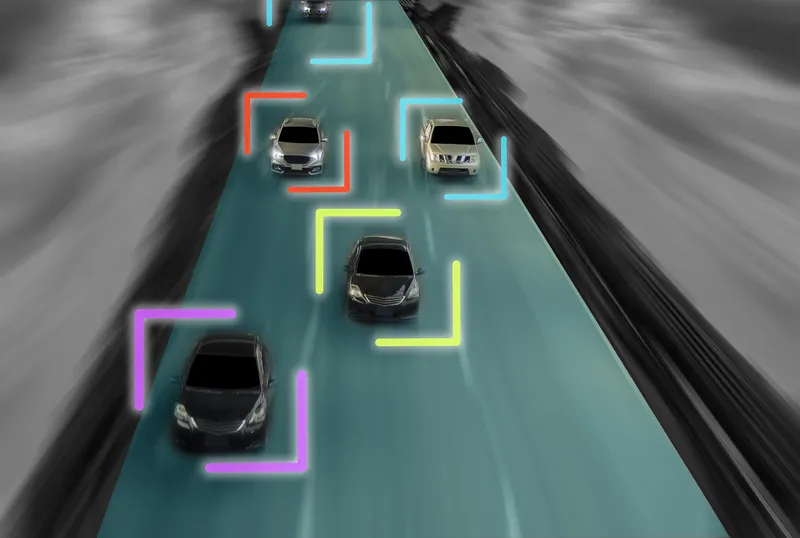
Autotalks and Applied Information are carrying out what they say is the world’s first dual-mode/dual-active Vehicle to Everything (V2X) deployment.
The companies say that it will mean vehicle makers can focus on bringing enhanced safety to US roads with V2X without taking into consideration which V2X technology - either cellular-V2X or DSRC - will prevail in the market.
Autotalks’ chipsets are being installed in roadside units such as traffic lights in the US states of Georgia, Texas and Hawaii to help emergency vehicles arrive faster at incident scenes.
Autotalks, based in Israel, specialies in V2X communication solutions and Applied Information is an Atlanta-based provider of intelligent transportation infrastructure solutions.
The traffic signal preemption function in Alpharetta, Georgia - the first site of the roadside unit deployment - transfers the normal operation of the traffic control signal to a mode of operation which gives the right of way to emergency vehicles such as ambulances and firefighting vehicles.
All other traffic is brought safely to a halt. As a result, these vehicles can get to their destination earlier and have better chances to save lives.
The deployment is expected to expand to include other uses beyond emergency vehicles. These could be transit bus priority, red light running alerts and get-ready-for-green messages to make traffic move more safely and efficiently through signalised intersections.
In Alpharetta, over 150 traffic control devices are connected and provide a opportunity to make real improvements in safety and mobility on streets and highways.
The companies said that the Georgia site is the first real-life testing site for this type of deployment. Applied Information has signed agreements in Texas and Hawaii where the two companies are cooperating in similar deployments.
The deployment takes place throughout a 78 square mile (203km²) area surrounding the Infrastructure Automotive Technology Laboratory (iATL) in Alpharetta. This private-sector facility develops connected vehicle applications for both vehicles and traffic control devices such as traffic signals.
“The AI/Autotalks solution enables roadway operators to confidently deploy V2X technology today so the infrastructure is ready for the auto industry deployment, while providing day-one benefits such as safer, faster emergency vehicle response times,” said Bryan Mulligan, president of Applied Information.
Yuval Lachman, vice president of business development at Autotalks, said that the collaboration will expedite Autotalks’ entry into the US market.
The company believes that it has an important advantage as its dual mode V2X chipset can enable the US automotive industry to immediately start large-scale V2X deployment during the period of uncertainty until a uniform technology is chosen.









